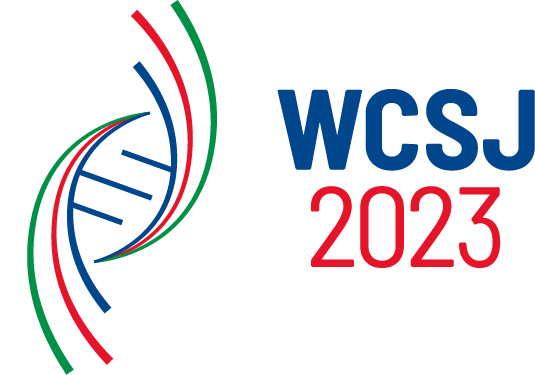|
The countdown to Medellín is on and we can’t wait to welcome you to WCSJ 2023. We are over the moon to highlight more fascinating plenaries, more of the parallel session and an interview with one of our speakers.
Exclusive Plenary – News from Amazonia: Conserving bio-cultural ecosystems
The Amazon is the Earth’s largest remaining rainforest. It provides one-fifth of the world’s fresh water, life-giving resources to local people and Indigenous communities, and is home to the planet’s most diverse collection of wildlife. Crucially the region plays a vital role in mitigating climate change. Although the last decade has seen progress in the sustainable management of Indigenous lands and protected areas of the region, significant threats remain. Our panellists will discuss key threats and share how local and national governments, Indigenous communities, NGOs and the private sector are working to conserve the Amazon basin to benefit local and global communities.
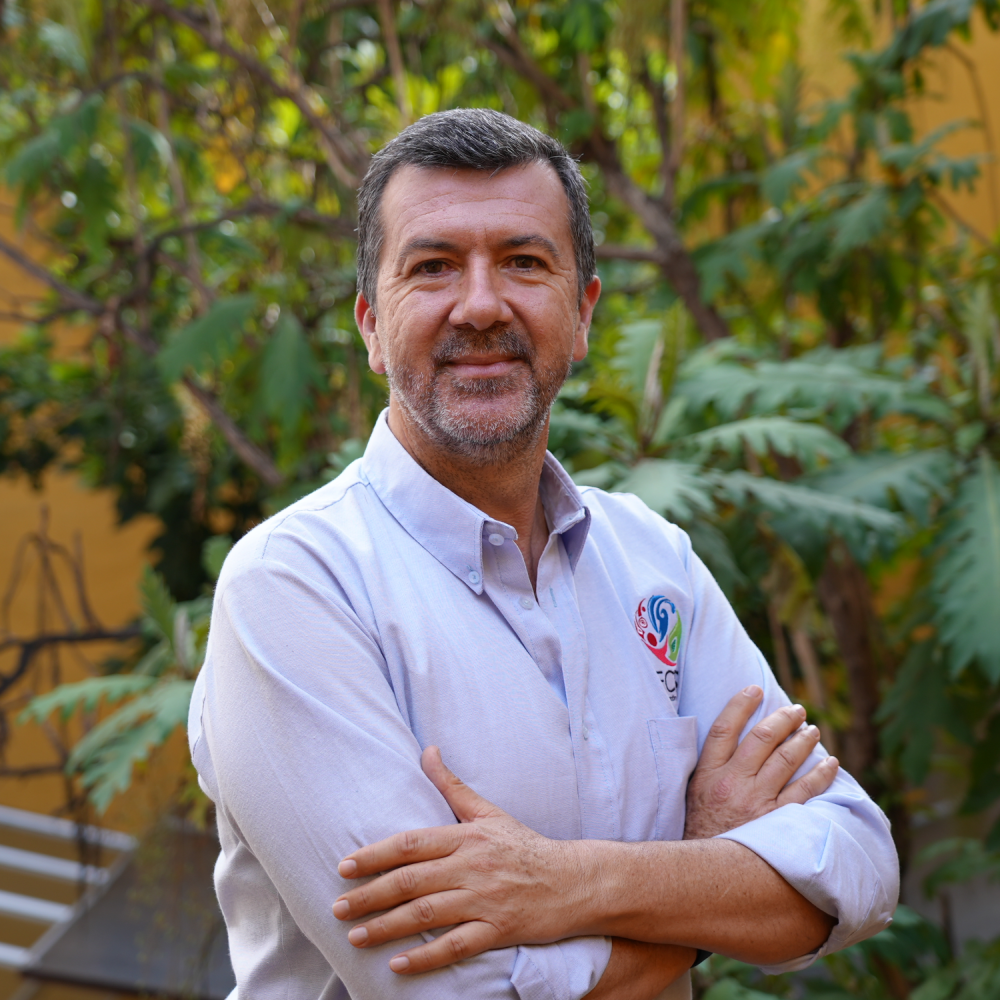
Rodrigo Botero García is director of the Fundación para la Conservación y el Desarrollo Sostenible (FCDS), an organisation focused on the construction and promotion of territorial peace with a focus on rights and which has a program that specialises in monitoring and monitoring deforestation and its causes, especially in the Amazon region. He has been working for the Amazon for 30 years. From different civil society organisations and public entities, he has led the defence of the territory and the communities of this vast region that we share with nine countries of South America. Originally a zootechnician from the National University of Colombia Rodrigo has a Master's Degree in Sustainable Development of Agrarian Systems, agrarian and environmental sciences from the Javeriana University.
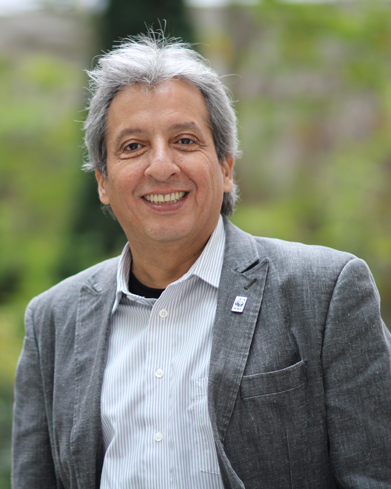
Manuel Pulgar-Vidal is the global leader of Climate & Energy at WWF and interim chair of the IUCN Climate Crisis Commission. He has more than 35 years of experience in environmental law and policy, and served as Minister of the Environment of Peru from 2011 to 2016, and President of the Twentieth Conference of the Parties to the United Nations Framework Convention on Climate Change - COP20 in 2014. Manuel is a board member of Forest Trends, Amazon Conservation Association, Peruvian Society of Environmental Law, CARE-Peru and the Science Based Targets initiative and a member of the Assembly of the World Wide Fund for Nature - Colombia. He is chairman of the evaluation council of the French sovereign Green Bonds and has a law degree from the Pontificia Universidad Católica del Perú, where he is a professor.
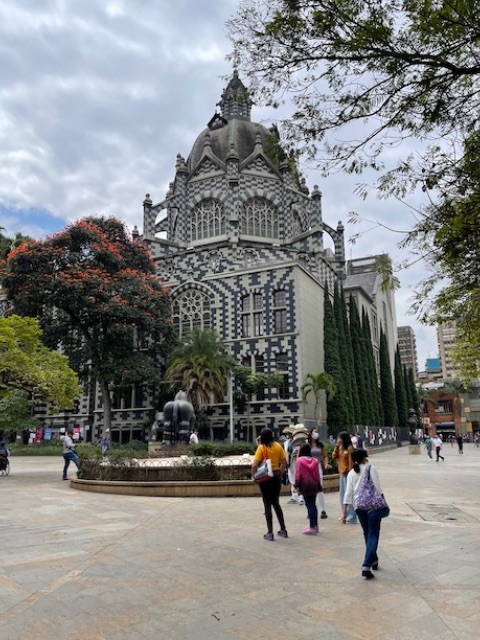
Parallel programme
Roots of Sustainability: Exploring Livestock Production and Seed Conservation
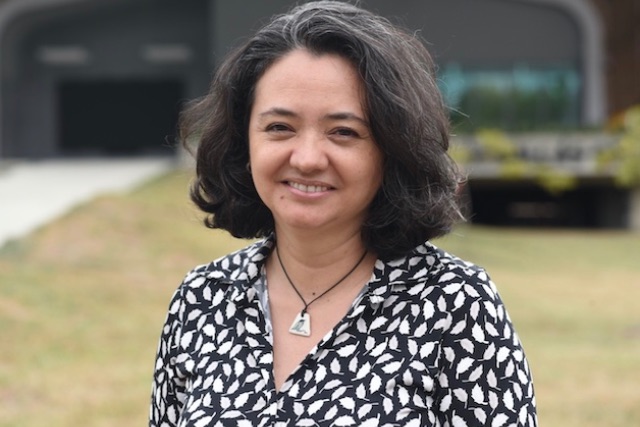
Marcela Santaella is the Operations and Quality Manager of the Genetic Resources Program of Alliance of Bioversity International and CIAT. She coordinates staff, administrative processes, seed regeneration for the Genebank and relationships with partners and donors. She is a biologist, has postdoctoral experience with the Crocusbank EU Project at the University of Castilla-La Mancha, Spain, and has a doctorate in natural sciences from the University of Cologne, Germany.

Jacobo Arango is a Senior Scientist with the Tropical Forages Program at the Alliance of Bioversity International and CIAT, Lead Author of the 6th Assessment Report on mitigation of the Intergovernmental Panel on Climate Change (IPCC) and Deputy Lead of the CGIAR initiative on Livestock and Climate. His team focuses on nitrogen and carbon cycling processes in tropical forage-based crop-livestock systems with a particular focus on greenhouse (GHG) mitigation and improvement of resource use efficiency. He works on improving forage quality characteristics and their impact on reducing GHG emissions from cattle. He is a molecular biologist and has a doctorate in cell biology of plants from the University of Freiburg, Germany.
Stories without borders: working together to report on science, health and the environment in Latin America
InquireFirst launched the prototype for Historias Sin Fronteras at the 2019 WCSJ in Lausanne. Four years later, at the 2023 WCSJ in Medellín, we believe it is important to talk with colleagues in the Global South about all we've learned about the power of cross-border collaboration in science, health and environmental reporting. Through the voices of Latin American journalists who have worked with us on these timely, relevant and in-depth projects, we will show a global audience of science journalists what can be achieved through collaborative science journalism. The session will be lively – we will encourage questions from the audience as our moderator and Historias Sin Fronteras co-founder Iván Carrillo leads the discussion.
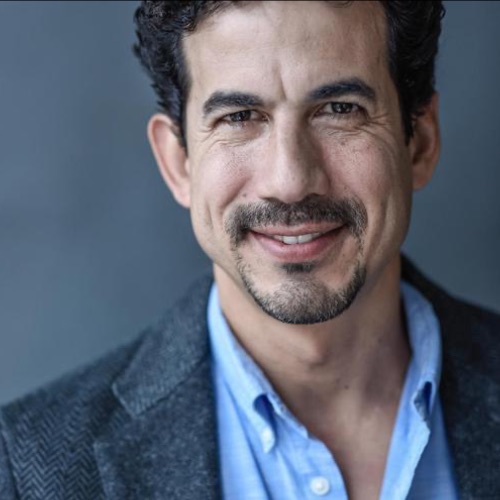
Moderator: Iván Carrillo, journalist, editor and TV host specialized in science, health and the environment. He is co-founder and co-director of Historias sin Fronteras and the En Común (podcast). Iván is an alumnus of the MIT Knight Science Journalism Fellowship and is part of the National Geographic Society's global community of Explorers. He is head of the Ibero-American Scientific and Cultural News (NCC) that is broadcast in 20 countries and three languages. Recently he launched the Uno Punto Cinco Grados Para Salvar al Planeta program on Televisa dedicated to confronting global warming and searching for solutions that support a sustainable planet. His reports in Nat Geo Latin America and Newsweek en Español have been recognized with prestigious awards in Mexico.
|
